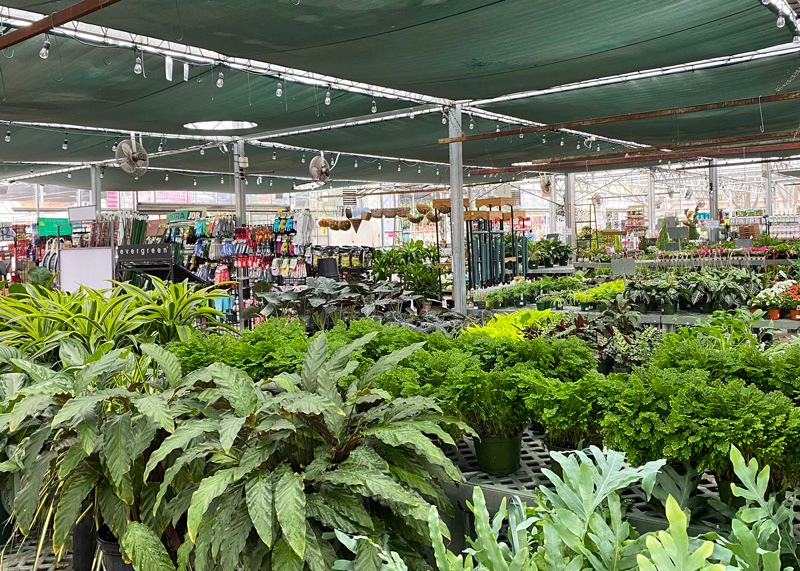Choosing Your Nurseries
Landscaping and gardening in Texas bring their own sets of challenges. You need a mentor. Someone who will be there to advise you and to reset your compass when you step off the path. You need a really good nursery.

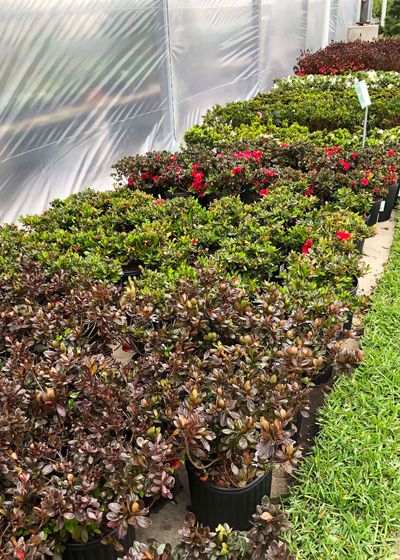
Here are factors I consider in choosing the nurseries where I’ll spend my time and my money.
Garden centers are selling beauty. The best nurseries look good themselves. They make strong statements to and about their communities. They’re clean and tidy, and they’ve landscaped their own grounds. Great nurseries display their plants attractively, and they remove those that aren’t at their prime.
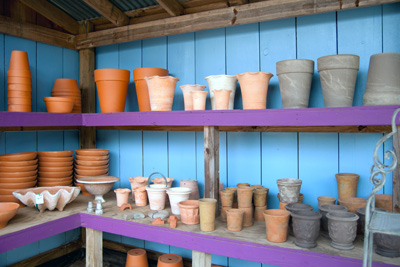
Do you need design help? When you start landscaping, you’re about to take a journey, perhaps to a spot you’ve never visited before. Do you want a roadmap for that journey, or are you satisfied to stumble along through the darkness?
A landscape plan, even a fairly informal one, makes you think about the overall picture you’re about to create, and how each plant and hardscaping element will play a part in its final look. Unless you’re well versed and comfortable in creating your own plan, yes, you will probably want help. Your plan will save you more than you’ll spend.
Full-service retail nurseries often have skilled designers on staff to assist. Or at a minimum, they have fervent “plant people” who know the tools of the designing trade like a plumber knows wrenches. Ask the manager if someone is available to help with your planning. Set an appointment, probably during the week when they’re not covered up with customers.
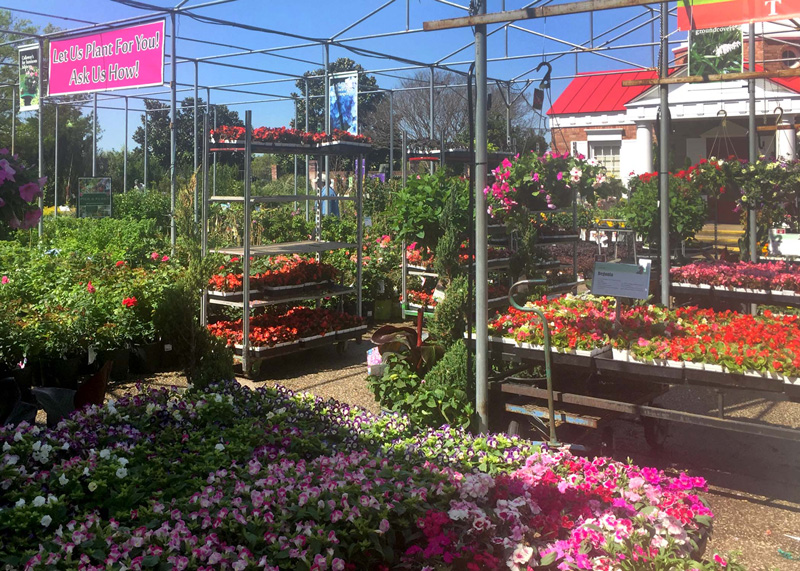
How important is price? If I can save a few dollars on a plant, I’ll at least give it a thought. However, there is one critical thing that most bottom-line shoppers ignore: What is the quality of the plant that I’m getting? Is it healthy? Is it filled out well? Do its roots fill its container? Or is there a much healthier, fuller, better-rooted plant down the street for just a dollar or two more? Cheap plants are not always a bargain.
Look for a Texas Certified or Master Certified Nursery Professional when you strike out to go shopping. He or she will have studied long hours and taken a comprehensive exam on all aspects of horticulture. You can trust the advice you get from a Certified Nursery Professional to be timely and reliable.
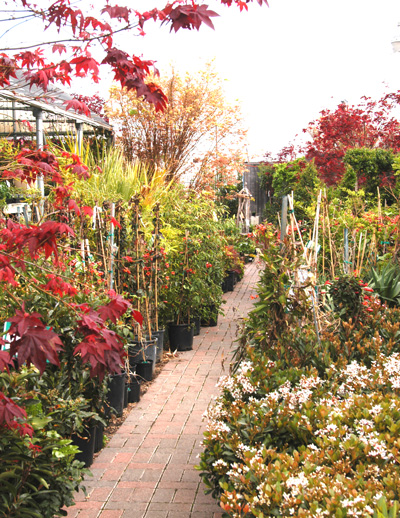
Ask that expert’s name and mark it down in your records. And then let him or her be a part of your plant-buying decisions by asking, “Here are the plants I’m thinking about buying. Is there any plant in this cart that might give me special problems, and if so, what are they?” Good nursery staff members will be open and honest in sharing their knowledge with you.
You’re building a relationship that will extend long beyond this one shopping experience. Look for a business with deep “roots” (old horticultural term) in your community and work together to make it a better place to call “home.”

